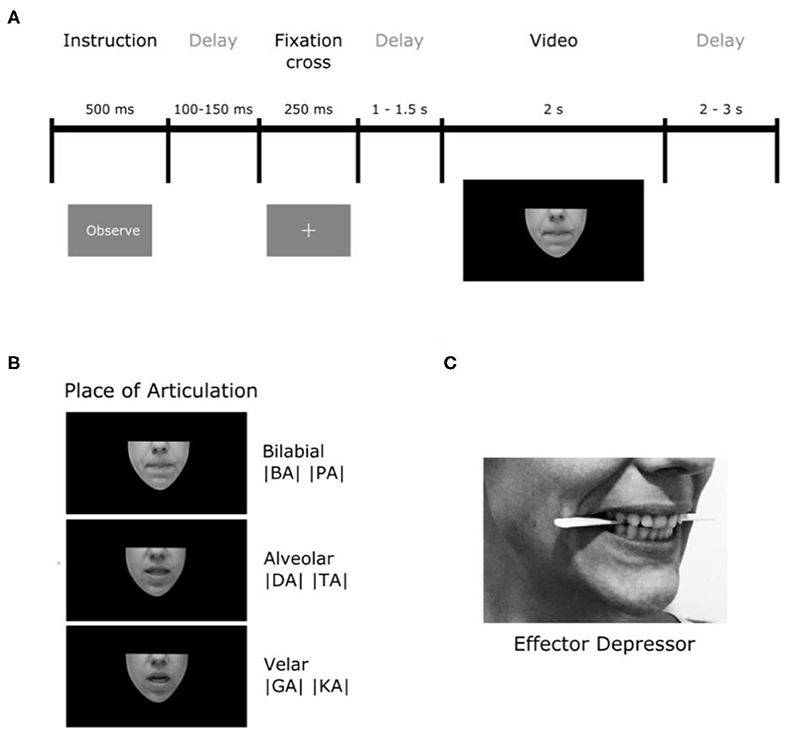

Suppositories work wonders."īurping isn't mandatory. "Recently found out why my baby had been crying for the last day and a half – he was constipated! He finally passed a 4-inch poop that was very, very hard. Sometimes that little bit of pressure hurts their tummy." "If your baby is wearing any kind of pants, especially with a somewhat snug elastic waist, try pulling the waistband away from the belly to see if it helps. Soon she would let out some farts and be fine." I would give her some infant gas drops, lay her on my bed on her back, gently push her knees up to her belly in a rocking motion, and sing a little song. "When my daughter was a baby she was gassy a lot, and would scream and cry in pain. While we waited in the exam room, she let out a big fart, and after that she was fine. The doctor told me to take her to a nearby clinic. She had never done that before, and this time she wouldn't even nurse. "One time when my daughter was 9 months old, she cried inconsolably for two hours. If you suspect gas, try putting her on her back, grasping her feet, and moving her legs in a gentle bicycling motion. Get your doctor's okay before using either of these.Įven if your baby isn't colicky and has never been fussy after eating, an occasional bout of gas pain can make her miserable until it passes. Many parents swear by over-the-counter anti-gas drops for babies or gripe water (made from herbs and sodium bicarbonate), though neither has been proven to be effective. If your baby often fusses and cries right after being fed, she may have some sort of tummy pain. The rather mysterious condition known as colic is usually described as inconsolable crying for at least three hours a day, at least three days a week, at least three weeks in a row.įor more help, learn helpful strategies for soothing a colicky baby.

Tummy troubles associated with gas or colic can lead to lots of crying.

Some hunger signs to watch for in newborns include fussing, lip smacking, rooting (a newborn reflex that makes babies turn their head toward your hand when you stroke their cheek), and putting their hands to their mouth. Learning to recognize the signs of hunger will help you start feeding your baby before the crying stage. This is probably the first thing you think of when your baby cries.


 0 kommentar(er)
0 kommentar(er)
